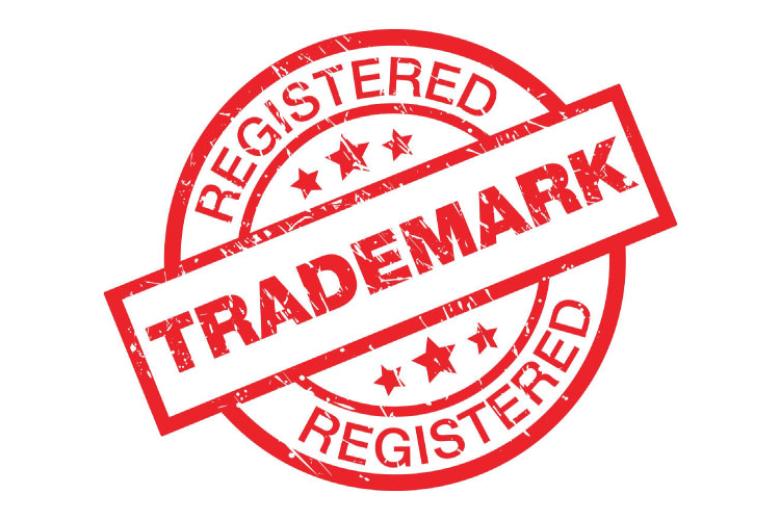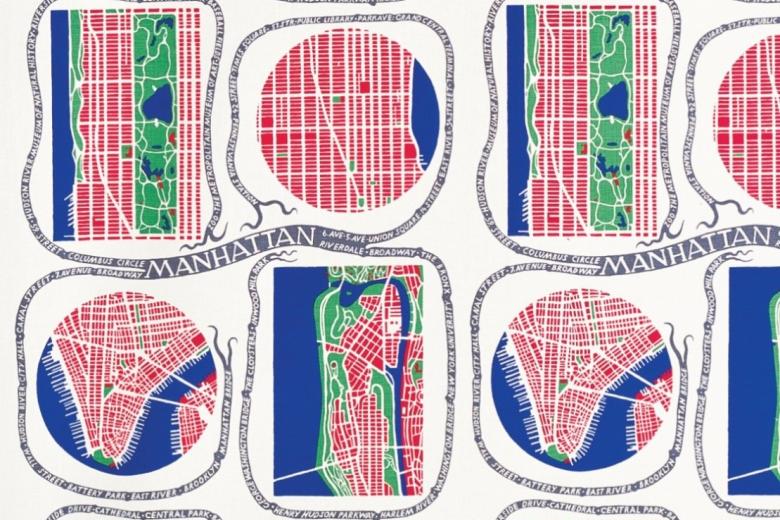The implication of “The UPC itself is not an EU institution
The UK Intellectual Property Office (hereinafter “IPO”), on the 28th November 2016, published their willingness to proceed with the preparation for the ratification of the Unified Patent Court Agreement (UPCA).
This press release has been noticed by stakeholders because it probably means that the UPCA will come into effect in the near future. This had been entirely unclear since the BEXIT vote of the UK people.
The UPCA is an agreement that prescribes the establishment of the Unified Patent Court (UPC). For launching the UPC, the ratification by at least 13 Member States including the United Kingdom, Germany and France is required pursuant to article 89 of the UPCA . According to article 84(4), only Member States of the European Union (EU) can join the UPCA.
Article 84(4) of the UPCA had been included in the UPCA based on an opinion given by the CJEU. In its Opinion 1/09, The Court held that an international agreement creating a unified patent litigation system that would also be applicable to countries outside the EU, would breach EU legislation because it deprives the courts in the EU Member States of their right to interpret and apply the EU legislation. As a result, although the UPC itself is not an EU institution, it has become the agreement that non-EU countries cannot be accepted.
Since the UPCA is meant for EU Member States, the result of the referendum held on 23rd June 2016 was an enormous shock for the stakeholders. In other words, many stakeholders considered that the launch of the UPC became ambiguous because of the BREXIT vote. On 2th August 2016, IPO published that they intended to be involved in the decision making process on the UPCA. So far, it had been unclear whether the UK government would still be willing to ratify the UPCA before leaving the EU.
However, the recent press release by IPO swiped these doubts away. That is to say, the possibility of launching a new frame work became factual. In reaction to the press release, the UPC Preparatory Committee and the EPO president published their approval of the UK’s intention to ratify, as expressed in the press release.
Nevertheless, several problems still remain. More specifically, as mentioned above, the UPCA is essentially the framework within the EU Member States, so the situation of the UK after BREXIT is still unclear. For example, it is obscure how to deal with the unitary effect of the UPCA in the UK if it comes into effect before BREXIT. Additionally, what would happen to the sections of the UPC located in London established pursuant to Art. 7 (2) of the UPCA? Thus, the UK government have to treat these problems appropriately, but a specific plan for that is not opened to the public yet.
Although the solution is still not clear, I assume that the current press release implies a strong intention of the UK government. Even more so, the “Notes to editors” say “The UPC itself is not an EU institution”. This seems to imply a challenging attitude towards BREXIT.
As mentioned above, the UPCA has been set up within the EU, with the consequence that countries outside the EU cannot join it, as held by the CJEU. Taking this situation into account, I assume that the IPO may intentionally describe “The UPC itself is not an EU institution”. That is to say, it may imply that the UK government may consider overcoming the above mentioned problem and try to remain within the UPCA even after BREXIT. For example, if the UPCA comes into effect before BREXIT, the sections of the UPC located in London will be launched. If this situation occurs, it could be difficult to cease the sections of the UPC after BREXIT. That is to say, this situation might be a strong card for the negotiations with the EU. From the notes, this kind of policies might be assumed.
In conclusion, I anticipate that the notes showing “The UPC itself is not an EU institution” in the press release imply a strong intention to overcome the problem of UK remaining in the UPCA after BREXIT. In any case, the UPCA will probably come into effect in the near future, so we are well advised to follow the development of the UK’s strategy in this regard.
This blog was written by Kosuke Shimoi on February 17th 2017, image by Flickr
Publiced on Law Blogs Maastricht
-
Protection of reputable marks beyond confusion: does “due cause” help to strike a balance between trade mark proprietors and content creators?
Content creators, exercising their freedom of expression, may use trade marks in their content in a way that might damage the interests of trade mark proprietors (e.g. use of Nike shoes in a porn movie). How does EU trade mark law address these different interests?

-
Computer-Implemented Inventions: has the term “invention” in the EPC lost its meaning?
The European Patent Convention defines subject-matter that is not eligible for patent protection, such as methods for doing business. However, when implemented by a computer, non-eligible subject matter becomes eligible for patent protection. Is this desirable?

-
The ambigous nature of the amended European trademark functionality doctrine
EU trade mark law excludes certain signs from becoming registered trade marks. In particular, shapes cannot be registered if they are necessary for achieving a technical result. In 2015, the amended Regulation broadened this exclusion to ‘another characteristics'. But what is now covered exactly?
